 Welcome to the concluding session of “All I Really Need to Know I Learned While Skydiving… or, Top 10 Reasons Why Skydiving Is Like Social Media.” Glad to have you all back… the first post generated THE MOST traffic this blog has ever seen, and the most RTs on Twitter @replies, comments, emails, you name it (thank you PRDaily of course for linking to part 1).
Welcome to the concluding session of “All I Really Need to Know I Learned While Skydiving… or, Top 10 Reasons Why Skydiving Is Like Social Media.” Glad to have you all back… the first post generated THE MOST traffic this blog has ever seen, and the most RTs on Twitter @replies, comments, emails, you name it (thank you PRDaily of course for linking to part 1).
One quick side note, I do feel that one of the most important parts of a sound social media strategy is LISTENING (cc @GaryVee) but, despite what you’ve seen in Point Break or Cutaway, you cannot hear another skydiver during freefall. The wind traveling past your ears at well over 100mph pretty much makes you deaf to all sounds… as much as I tried to connect and spin it to compare to Skydiving, I couldn’t… so, consider yourself unspun.
#6) Empower and give kudos!
- SD: Without a few minor exceptions, every single person I met through and while skydiving have been just about the most welcoming people ever. From offering lighthearted jokes to ease the nerves (“I promise you, we will wind up back on the ground…”) to offers of joining the crew around their weekend bonfire, and the constant reminders to smile while the camera is on you during freefall… the continuous high-fives, hang looses and rock on hand gestures only fuel this impression.
- SM: Social media really only works when you are being generous to those you interact with. Self-promotion isn’t a crime per se (depends on how you do it sometimes it’s not even a faux pas), but things can truly take off when you give others the plaudit and spotlight that everyone (who tries at least) deserves. The “RT-culture” – as well as the adoption of the new RT feature – on Twitter showcases how far giving credit can go in the social media space.
#7) Collaboration is crucial…
- SD: Even if not jumping with a large group (like my headline photo) to create record breaking formations during free fall, the process of skydiving is incredibly thorough, meticulous and involves team work across various levels. From the pilots, the parachute packers, logistics admins on the ground, teachers/trainers, and of course to the Tandem Masters themselves… frankly everyone at the dropzone work like a well oiled machine, if you do not see that on the ground, imagine what will happen up top.
- SM: Again to echo CRUSH IT author Gary Vaynerchuk (@GaryVee), social media gives you the power to find those out there who are doing it better than you, then you can tap them, partner with them and mutually benefit… case in point: he ghost wrote the book (cause he’s clearly a video guy). Collaboration, as a catalyst for success, is not limited to social media or skydiving, it’s an integral part of a healthy social structure and of any winning strategy in sports as well.
#8) It’s the community, stupid…
- SD: To play off #7 and #6, the skydiving community is one of the most tightly knit communities I have ever seen, and I’ve been in drama/improv circles, youth groups, cover and original bands, as well as an early participant in Facebook and Twitter… I will tell you this, the camaraderie I saw both on the ground, on the plane and in the air was unparallel. I think when you put your life on the line you understandably grow closer to the people involved.
- SM: I don’t think there is anything to write here… if you don’t know that the community is the most important part of Social Media, I think you’ve stumbled on the wrong post/blog. The first step, whether in professional or personal brand building, is grow your community… the better you do it, the more success will come for you via Social Media.
#9) Don’t forget the video...
- SD: Your first skydiving experience (and key milestones in the future) has to be documented, how can it not? Sure, it’s pricy (genius business model by the way) but what about the memories, what about the conversation, what about the chest thumping self promotion!? In reality though, like other major ‘coming of age’ events, this need to be documented for posterity… besides, imagine yourself being the coolest grandpa one day.
- SM: In Social Media, video and pictures (as much as I hate to admit it) have been growing exponentially… here are some hard facts: According to a recently published UMass/Inc. Magazine survey, in October alone, more than 77% of Internet users combined to watch 13.5 billion videos online, a metric that represents a dramatic shift in how consumers are engaging with content. Among even the most modest of predictions, 2009’s online video viewership is being estimated at 144 million and expected to grow to 188 million by 2013 in the U.S. alone.
#10) When it goes right, it’s the biggest rush!
- SD: The adrenaline pumping through my veins upon landing back on the ground safely is not something I can describe in words. The range of emotion is insane; from awe to shock, hysteric happiness to true disappointment that it’s over, and of course the rising addiction to do it again (right then and there). The phrase I was using, in a non morbid or depressing sense, upon finishing my first jump was: the earth seems kind of boring when you’re on the ground… *sigh*… Who’s in for a Skydive Tweet Up this spring?!
- SM: While this pertains mainly to professional use of Social Media (i.e. on behalf of a brand, or as part of a Marcomm strategy), nobody would keep Twittering and Facebooking if it wasn’t for the recurring positive experiences. If you’ve ever seen your tweet, a blog post, a placement or whatever go viral through Social Media, you may have an idea of the rush I’m talking about here. On the professional side, the stuffy boardrooms I often work with on the Corp PR side are not ready for change for the sake of change… they need to test the water out, dip a finger in, see if it suits them and so on… the success of these baby steps is crucial if you want to keep your program, take it slow with the execs, they need to see success to get the rush.
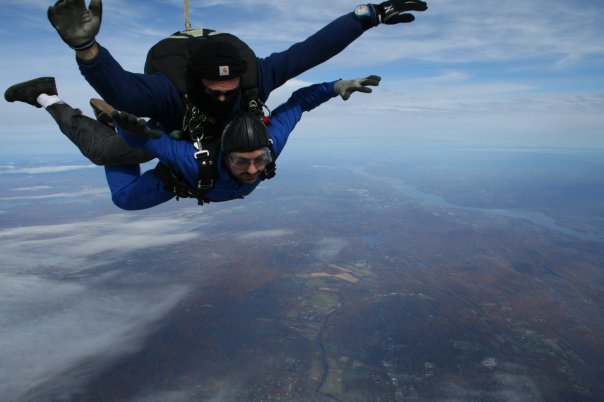





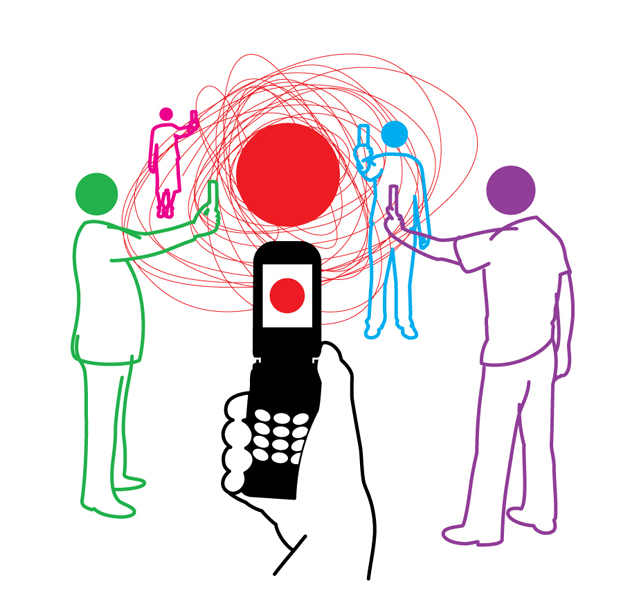
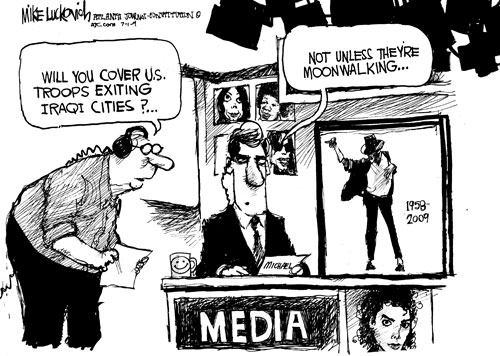


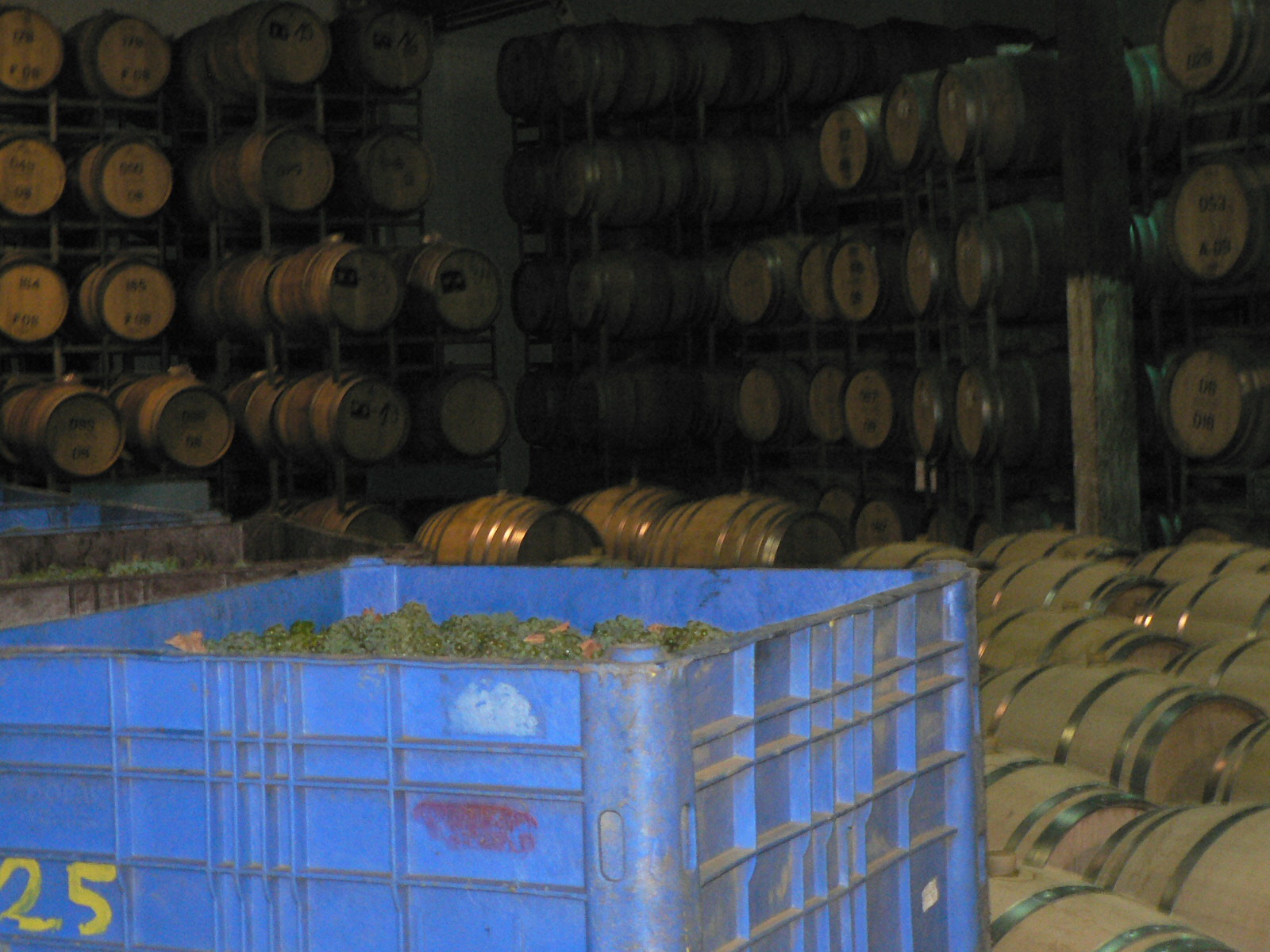
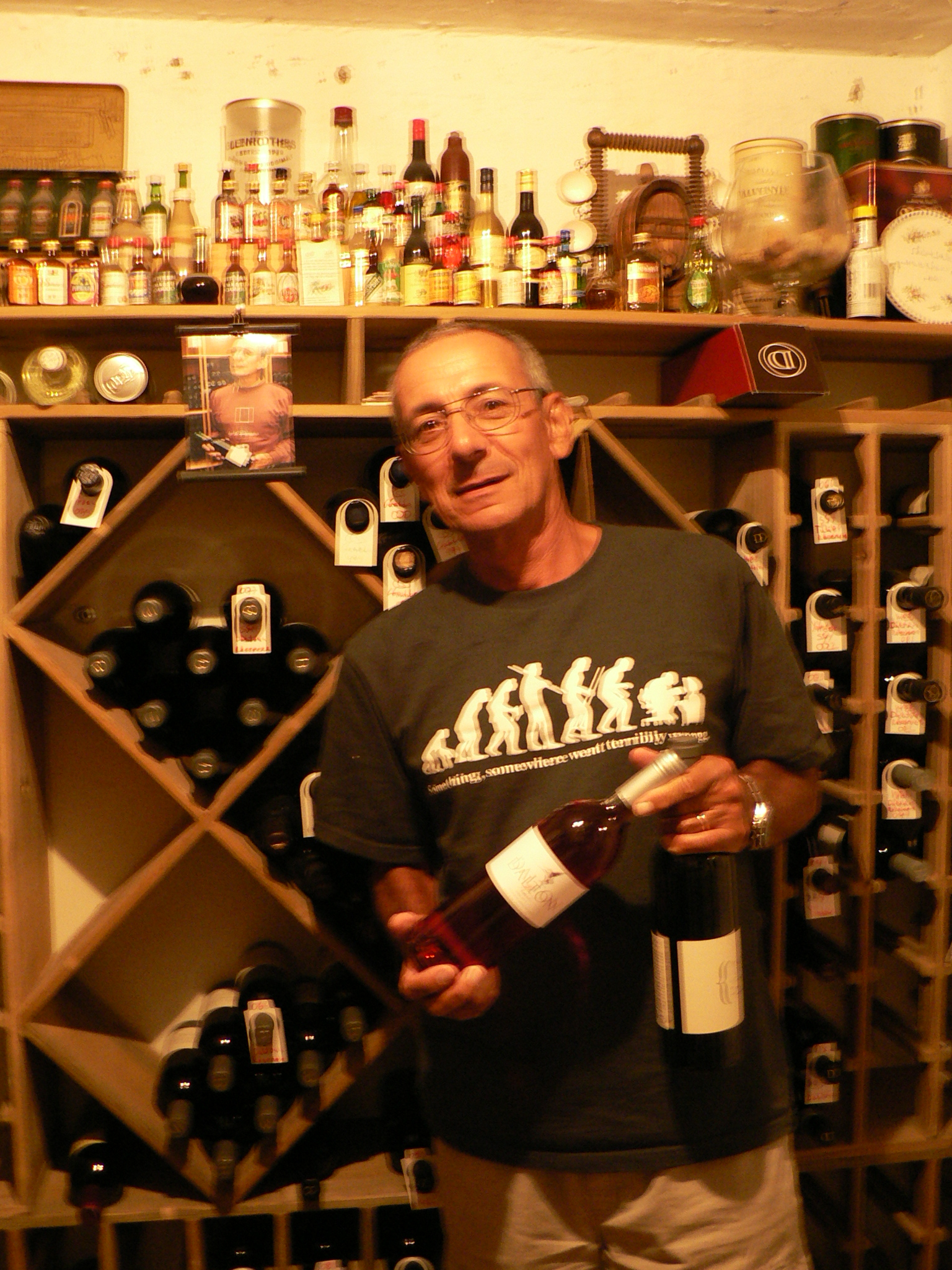
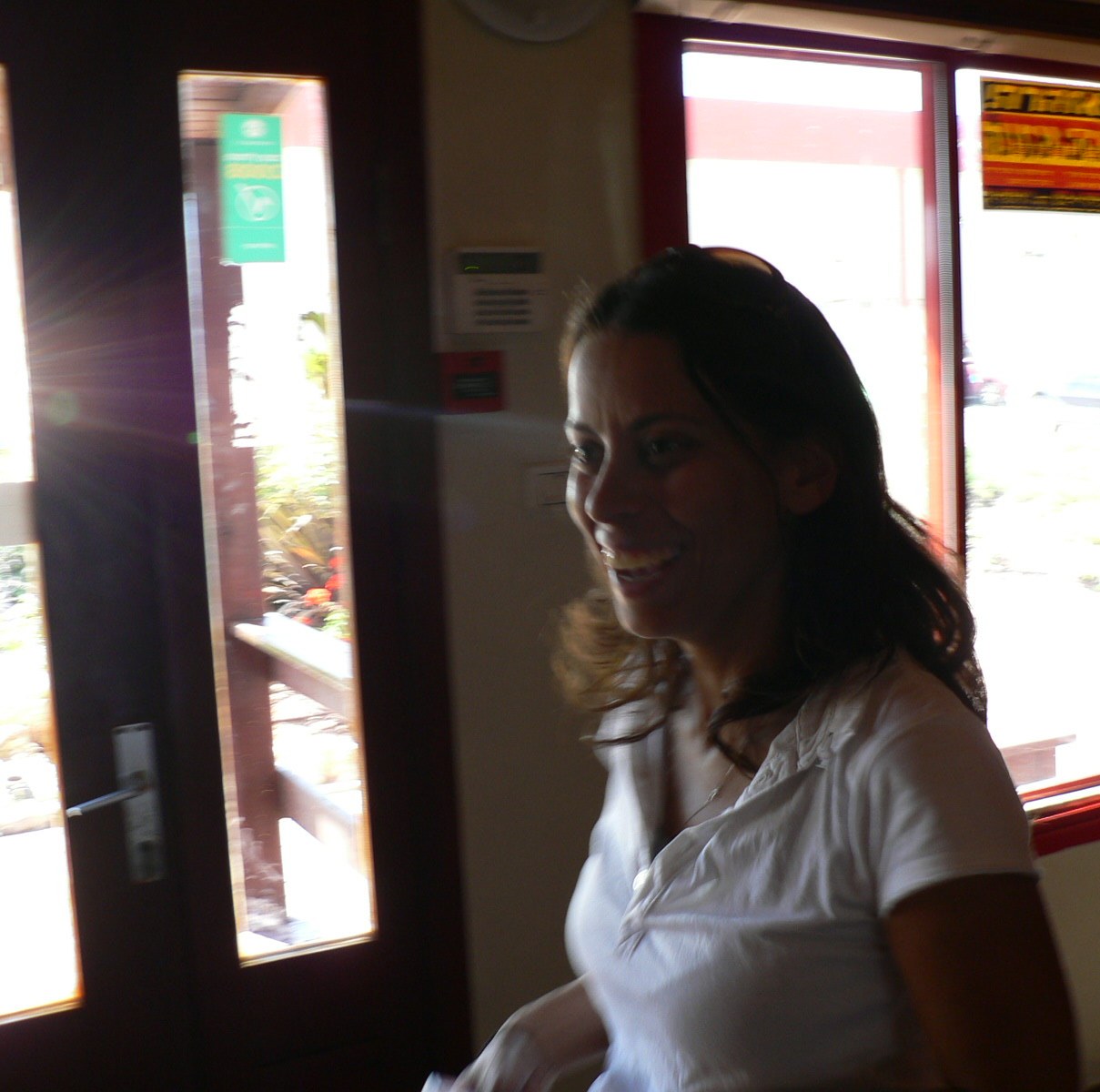

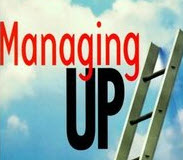
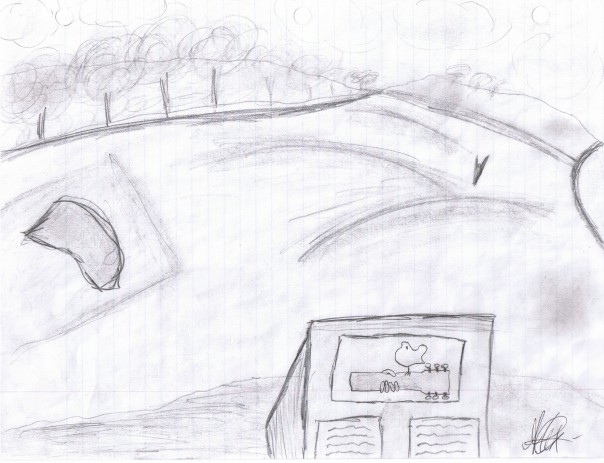 You can say I’m a huge Woodstock fan; I own the inevitable (necessary) poster with an authentic ticket, signed books (
You can say I’m a huge Woodstock fan; I own the inevitable (necessary) poster with an authentic ticket, signed books (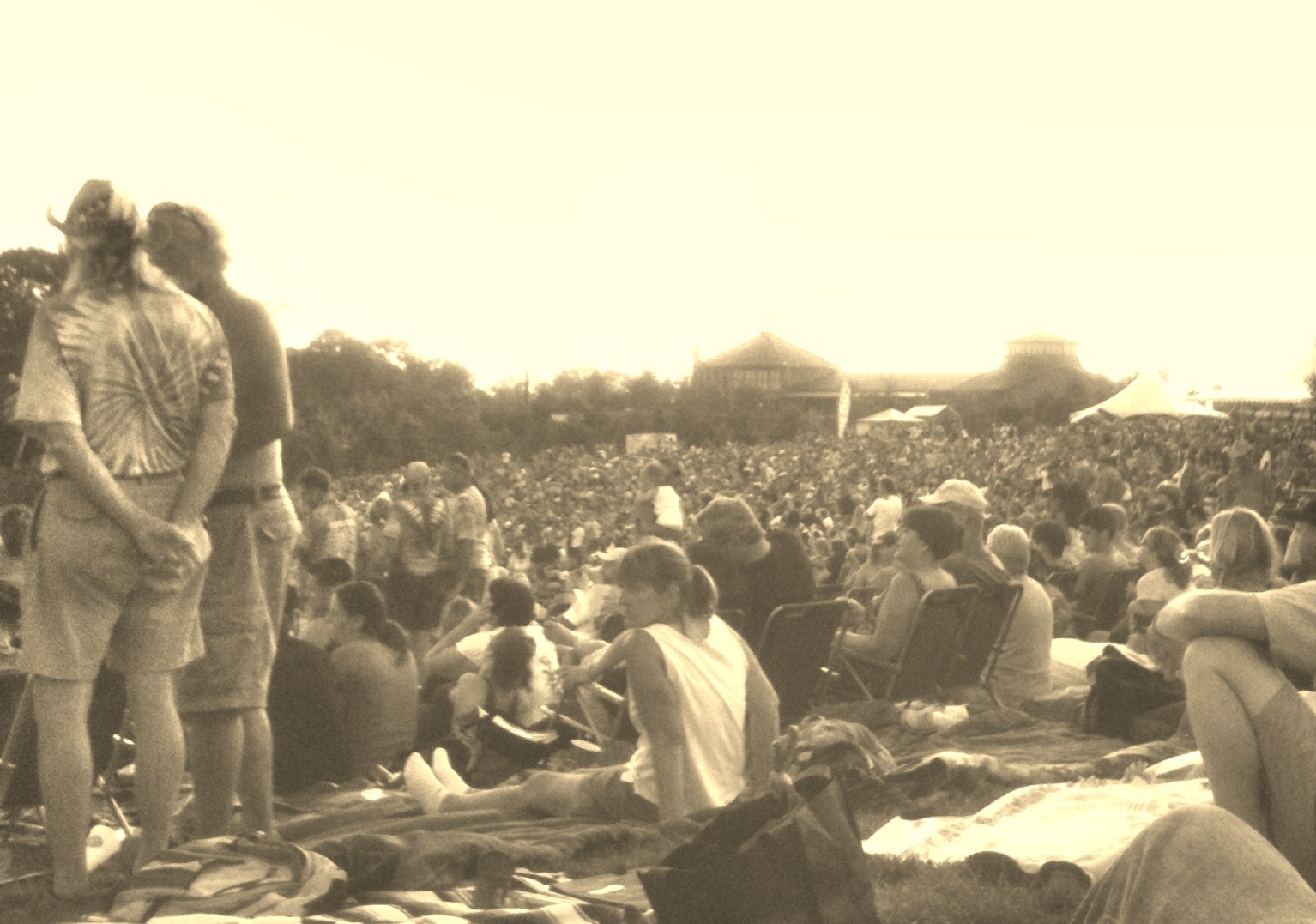
 Photo credit to:
Photo credit to: 

